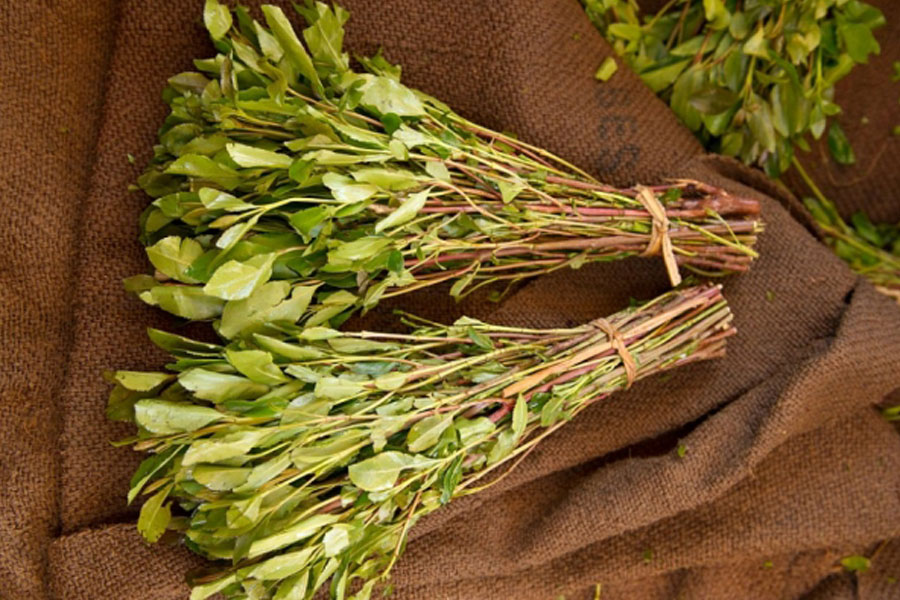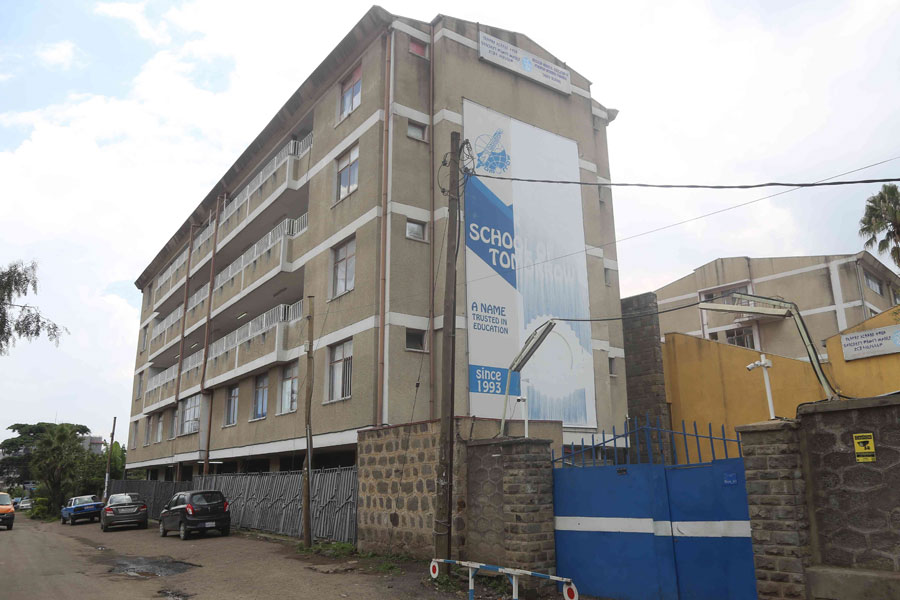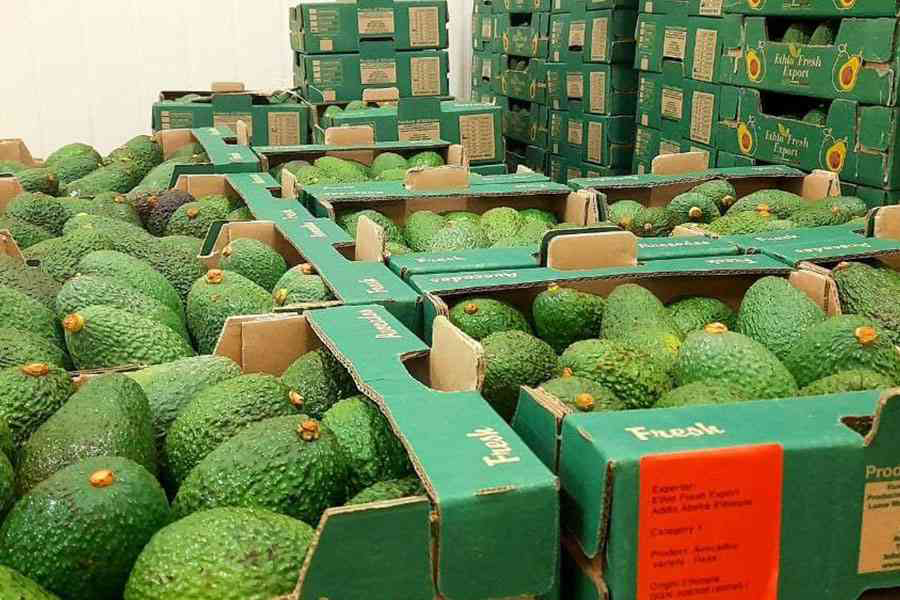
Coffee exporters are grappling with a sharp decline in the international price as the world’s largest producer ramps up its supply. A 43pc plunge in prices last week to 1.48 dollars for a pound prompted the Ethiopian Coffee Exporters Association (ECEA) to caution its 510 members from stocking inventory and reassess suppliers’ prices.
This setback follows a period of windfall for Ethiopia when a devastating frost in Brazil two years ago resulted in the loss of 13 million bags of coffee. The incident coincided with record coffee exports valued at 1.4 billion dollars, as prices soared to 2.58 dollars a pound and demand jumped by six percent. However, Brazil has made a robust recovery this year, boosting its coffee Arabica output by 11 million from two years ago to 44 million bags; industry analysts projected Brazile could sustain the momentum throughout the year.
Ethiopian exporters are bracing for tough times ahead, as forecasts indicate a surge in Brazil’s exports to 66.4 million bags next year.
While navigating a turbulent period marked by plummeting international prices and surging domestic costs, a sense of cautious optimism remains. Experts urge strategic planning, coupled with a focus on quality, value-added products, and market diversification, to offer a path forward in these challenging times.
Rijalu Negash (PhD), an agricultural economist at Jimma University, contends that the primary obstacle to developing an export market for premium coffees is the widespread use of traditional harvesting techniques among growers. He asserted that providing adequate financing to farmers and suppliers is crucial for unlocking the potential for large-scale production of high-quality coffee. Rijalu argued that while Brazilian coffee can compete in volume, it cannot match Ethiopia's coffee quality, due to the country’s favourable agroecology.
He urged a transition to value addition, as the latter currently represents less than 0.04pc of total exports.
“There needs to be a shift from commodity-based to added value-based export,” he recommended.
Gizat Worku, the Association’s general manager, warned that further price shocks are on the horizon, which could destabilise the financial footing of exporters who have been amassing inventory in anticipation of a stabilisation in global prices.
“We’re advocating for a quick response from exporters,” Gizat told Fortune.
He highlighted the divergent trends in global and domestic prices, with a remarkable 50pc increase from last year sweeping across regional suppliers, exacerbating the difficulties faced by exporters.
“It’s going to get worse,” he warned.
While the full impact of Brazil’s increased supply has yet to materialise, Ethiopia’s signature commodity has already experienced a decline in both volume and revenues, with 240,000tn shipped, earning 1.3 billion dollars this year, a 100 million dollars dip from last year.
Coffee is a linchpin of Ethiopia’s economy, accounting for over 30pc of its export earnings. As global supply chains rebound from a 15.2 million bag deficit two years ago, which triggered a surge in prices, new strategies for adaptation are becoming increasingly necessary.
Shafi Umer, deputy director at the Ethiopia Coffee & Tea Authority, considers the export performance relatively robust, given the worldwide socio-economic turmoil.
“The country earned better than expected,” he said.
However, a 94pc plunge in revenues from Germany, Belgium, and Japan was reported. According to Shafi, the Authority successfully marketed in Saudi Arabia, the UAE, and Sudan to compensate for the shortfall. Its officials have prioritised setting price floors and introduced incentives, although Shafi acknowledged that more work is needed to promote the speciality coffee over commercial varieties.
“Quality remains an issue,” he conceded.
While the price shock has left many exporters bewildered, there remains a sense of optimism about Ethiopia’s potential if regulations are tailored to address exporters' needs.
Desale Mitku, general manager of DUR Ethiopia Agro-Industry Plc, noted that the global preference for raw coffee rather than value-added varieties has compounded the company’s challenges. Incorporated with a paid-up capital of 10 million Br, the company buys coffee beans from high-yield areas in the southern regions of Guji and Yirga Chefe.
Besides the 50pc surge in raw coffee prices, Desale blamed recurring disruptions in shipments from the coffee-producing states, cyclic supply shocks due to conflicts, and soaring transportation costs for the shortfalls.
Nevertheless, Desale was hopeful that the global demand has yet to be fully satisfied. The Authority shares this sentiment and has dispatched a team of experts to coffee-producing states to develop strategies for next year’s exports, focusing on organic coffee.
Fekadu Adefres, head of production at the Authority, identified climate change, pests, limited cultivation, and illicit trade as factors contributing to the coffee output deficit. He disclosed plans to increase production by 100,000tn from the current 760,000tn harvest. He advocates for the broader adoption of organic inputs like compost to double output per hectare to 15qtl.
“The global demand for organic coffee is far from being met,” he said, urging for a more widespread use of compost.
Large-scale coffee cultivation is concentrated in a few regional states, with Oromia accounting for 59pc, South Western 15pc, and Sidama seven percent, while the cash crop employs 5.8 million people nationwide. Despite robust international demand for speciality coffee, most Ethiopian forest coffee is uncertified and unbranded, hindering exports and suppressing revenues. Only 15pc of export companies trade in specialty coffee.
“It’s a challenging business,” Desale said wearily.
One of the principal suppliers is the Sidama Coffee Farmers’ Cooperative Union, established over two decades ago and comprising over 70,000 farmers across 68 unions.
The recent slump in nominal prices and surging supply has compelled the Union to postpone 30 containers of shipments as it searches for buyers. According to Tsegaye Anebo, the general manager, the doubling of prices from farmers to 60 Br for a kilo and the struggle to preserve profit margins in the face of export challenges has placed them in a precarious position.
“The domestic price has surged unexpectedly,” Tsegaye told Fortune. “And we’re trying to keep up with quality demands from buyers.”
After the washing, drying, and milling processes, which reduce the weight by 70pc, the Union has exported up to 5,000tn over the past two years, generating nearly 25 million dollars in revenues. Tsegaye aspires to reach new markets in the coming years, despite the recent hurdles of challenging deals and exhaustive negotiations resulting from Brazil’s increased supply.
PUBLISHED ON
Aug 26,2023 [ VOL
24 , NO
1217]

Fortune News | Dec 08,2024

Radar | Jun 22,2024

Covid-19 | May 31,2020

Radar | May 20,2023

Agenda | May 20,2023

Radar | Jul 06,2019

Fortune News | Mar 18,2023

Radar | Feb 10,2024

Radar | Oct 09,2021

View From Arada | May 21,2022

Dec 22 , 2024 . By TIZITA SHEWAFERAW
Charged with transforming colossal state-owned enterprises into modern and competitiv...

Aug 18 , 2024 . By AKSAH ITALO
Although predictable Yonas Zerihun's job in the ride-hailing service is not immune to...

Jul 28 , 2024 . By TIZITA SHEWAFERAW
Unhabitual, perhaps too many, Samuel Gebreyohannes, 38, used to occasionally enjoy a couple of beers at breakfast. However, he recently swit...

Jul 13 , 2024 . By AKSAH ITALO
Investors who rely on tractors, trucks, and field vehicles for commuting, transporting commodities, and f...

Oct 4 , 2025
Eyob Tekalegn (PhD) had been in the Governor's chair for only weeks when, on Septembe...

Sep 27 , 2025
Four years into an experiment with “shock therapy” in education, the national moo...

Sep 20 , 2025
Getachew Reda's return to the national stage was always going to stir attention. Once...

Sep 13 , 2025
At its launch in Nairobi two years ago, the Africa Climate Summit was billed as the f...